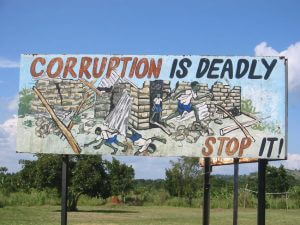I am one of those Ugandans who would love to know that our country is known or famous for the right reasons. That said, whenever I write anything that doesn’t portray us in a good light, I am disheartened.
If you are a Kampala dweller like me, I believe you’ve felt the pinch of the increased cost of living the most compared to other parts of the country. This is mostly felt in the cost of housing, or rent, as we most know it.
Consider a corporate employee in Kampala earning a monthly salary of 1,000,000 Uganda shillings. With a typical rent of Shs 250,000, the remaining amount barely scratches the surface of meeting essential needs like food, education, and healthcare, especially when supporting a family of three children.
Advocates of living within one’s means might argue otherwise, but the truth is that with such meagre earnings, finding a place to rent at a reasonable rate is almost an impossibility. With such earnings, a 100,000-shilling rent, while ideal, gets you a single room in a slum environment.
Trust Ugandans to look for ways to make ends meet. The most common response to this financial pressure has been “cutting corners.” Corruption has become so entrenched in society that it is now perceived as the new normal. For any activity to move, you have to oil every hand involved.
It’s no longer the predominant culture in the public sector, but it’s the new way of life in our country. Even among the younger generation, who are not yet in the work economy, corruption is seen as how things work.
When I interacted with students, I was astounded by their resigned acceptance of corruption as a means of getting access to high-quality education and healthcare.
To tackle the pervasive issue of corruption, we must confront the underlying problem—the soaring cost of living. One practical solution is to regulate housing rates and other essential expenses. As we live in a highly capitalistic economy where we have to leave the forces of demand and supply to take effect, a measure of intervention is needed.
Take, for instance, the stellar rise in the cost of a 2-bedroom apartment, now priced at 1,500,000 shillings in a reasonable neighbourhood like Kyanja. This sharp increase from 300,000 shillings just a few years ago is a clear illustration of the widening gap between affordability and reality.
It’s time to question why basic necessities have become luxuries for many Ugandans, especially city dwellers. By implementing measures to regulate housing rates and other essential expenses, we can alleviate the financial burden on individuals and families.
Affordable housing is not just a matter of convenience; it’s a fundamental right that can empower people to live with dignity and without resorting to corrupt practices simply to survive.
As we tackle the evil of corruption in Uganda, let us not overlook the systemic issues that perpetuate this cycle.

